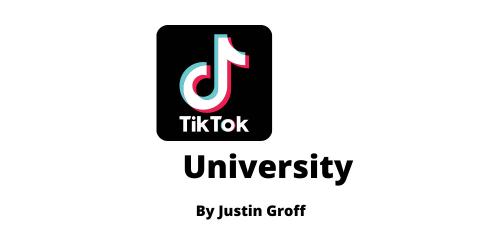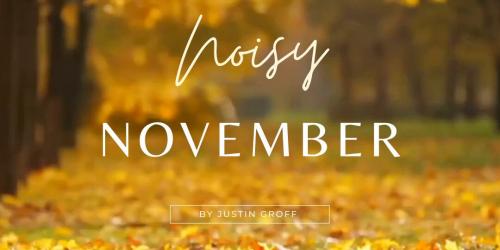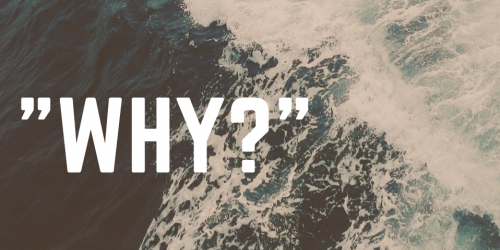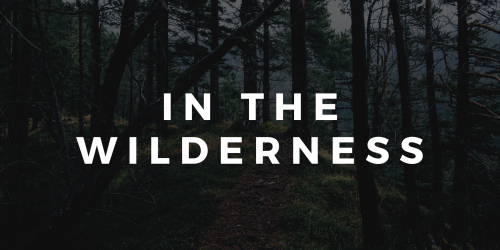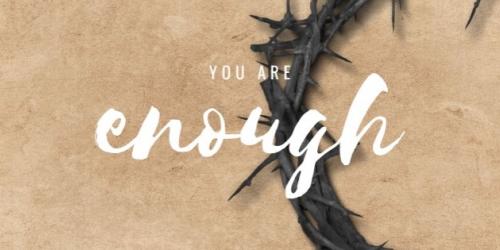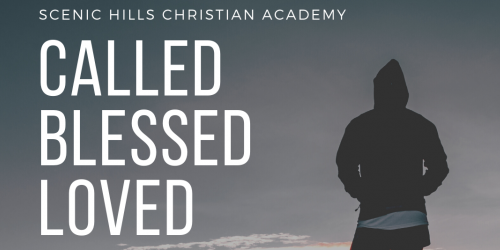You Are Enough
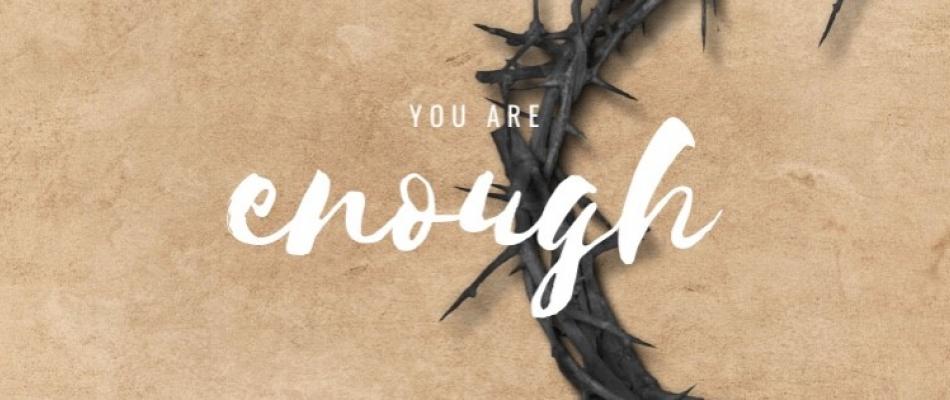
You Are Enough
Posted on June 5, 2020
In my previous school, I worked in a low socio-economic community that was classified as at risk. It was an environment where all 135 faculty members — teachers, administrators, learning specialists, aides, special educators, psychologists, social workers, secretaries, coaches, and the nurse — had to pull together as a collective team. I always remembered it as a “brothers in arms” environment. If one person was down, we all pulled together to support. When a code went off on the radio, administration would drop everything and go to the location where a fight had broken out, a student was attempting suicide, we had a runaway, or a student was shot or sometimes killed. Teachers would shift gears in the classroom and move from soft to hard lockdowns. And when the time came when the principal would release terrible news on the intercom, gears would shift once more to address collective pain.
Pain was impossible to ignore, whether it be school-wide or personal accounts. Students would either mourn amongst each other or act out their pain violently. Teachers would mourn along with students and with each other. Despite the chaos of pain, there was comfort in having a safe place to discharge feelings of shame and hurt, where each member lifted one another up in humility at the injustices we all faced as a result of sin. Staff practiced what psychological research Dr. John Gottman calls “sliding door moments”; we took the opportunity to stop self-centered thoughts to extend a listening ear or a quiet presence that transmitted the message to students or each other: You are enough. We practiced meeting people on common ground like Paul did in Acts 17, with all discriminatory judgments put aside.
When I think about what is going on in the world today, I can barely stay updated with the news without breaking down into tears. I do not think that I need to say much in order for you to already know that there is a collective pain going on. I do no believe there is one person who is responding pleasantly to the death of George Floyd or the events that have broken out as a result of it. Collective and personal injustices on who we are as a humanity are felt on all ends, each touched by the tainted hand of shame. This, too, is a pain that is impossible to ignore.
Sadly, the painful systemic message that the world shares is that “You are not enough.” It is the message of shame, and it is the same message that Adam and Eve heard after eating the forbidden fruit, so much so that they hid behind fig leaves sown for themselves and blamed each other from a distance. For the first time ever, there was a collective pain on Earth. Yet, the Gospel shouts the very opposite message of "You are enough," where Jesus steps in to fill the space of the distance created between people in our humanity:
You are enough for Me to travel from town to town to go visit.
You are enough for Me to sit down at your table and share a meal with.
You are enough for Me to stand up for you and not allow them to stone you.
You are enough for Me to mourn and grieve with you.
You are enough for Me to still turn my gaze to you when you deny Me 3 times.
“You are enough,” Jesus says, “because when I slow down and lean in to you, I see a mirrored reflection of a child made in My image” (Gen 1:26-27). Jesus constantly engaged in sliding door moments to remind people about who they were and who others were; and Jesus constantly engages with us to remind us about who we are and about each other.
As image-bearers of Christ, let us model Him by letting go of our own fig leaves and stepping forward to fill that empty space that divides us. Let us put self to the side, slow down, and lean in to one another, taking the opportunity to engage in sliding door moments amidst collective pain. Because regardless of any reason we have to engage in any form of discrimination, people are hard to hate close up.
Jesus knew that. And as we willing receive His love for ourselves that we are enough, we are also called to love like Him as if others are also enough.
Cheers,
Jazzmine Bankston
Vice Principal

